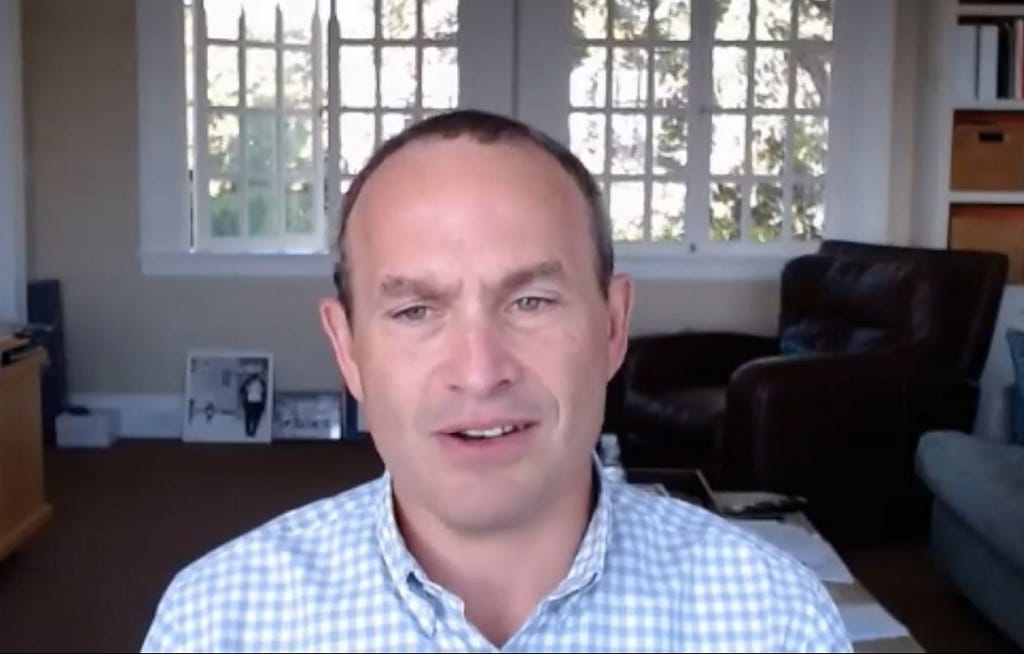National Non-Profit to Launch Joint Initiative to Close Broadband Affordability and Homework Gap
EducationSuperHighway is signing up partners and will launch November 4.
Ahmad Hathout

WASHINGTON, October 18, 2021 – National non-profit Education Super Highway is set to launch a campaign next month that will work with internet service providers to identify students without broadband and expand programs that will help connect the unconnected.
On November 4, the No Home Left Offline initiative will launch to close the digital divide for 18 million American households that “have access to the Internet but can’t afford to connect,” according to a Monday press release.
The campaign will publish a detailed report with “crucial data insights into the broadband affordability gap and the opportunities that exist to close it,” use data to identify unconnected households and students, and launch broadband adoption and free apartment Wi-Fi programs in Washington D.C.
The non-profit and ISPs will share information confidentially to identify students without broadband at home and “enable states and school districts to purchase Internet service for families through sponsored service agreements,” the website said.
The initiative will run on five principles: identify student need, have ISPs create sponsored service offerings for school districts or other entities, set eligibility standards, minimize the amount of information necessary to sign up families, and protect privacy.
The non-profit said 82 percent of Washington D.C.’s total unconnected households – a total of just over 100,000 people – have access to the internet but can’t afford to connect.
“This ‘broadband affordability gap’ keeps 47 million Americans offline, is present in every state, and disproportionately impacts low-income, Black, and Latinx communities,” the release said. “Without high-speed Internet access at home, families in Washington DC can’t send their children to school, work remotely, or access healthcare, job training, the social safety net, or critical government services.”
Over 120 regional and national carriers have signed up for the initiative.
The initiative is another in a national effort to close the “homework gap.” The Federal Communications Commission is connected schools, libraries and students using money from the Emergency Connectivity Fund, which is subsidizing devices and connections. It has received $5 billion in requested funds in just round one.









Member discussion